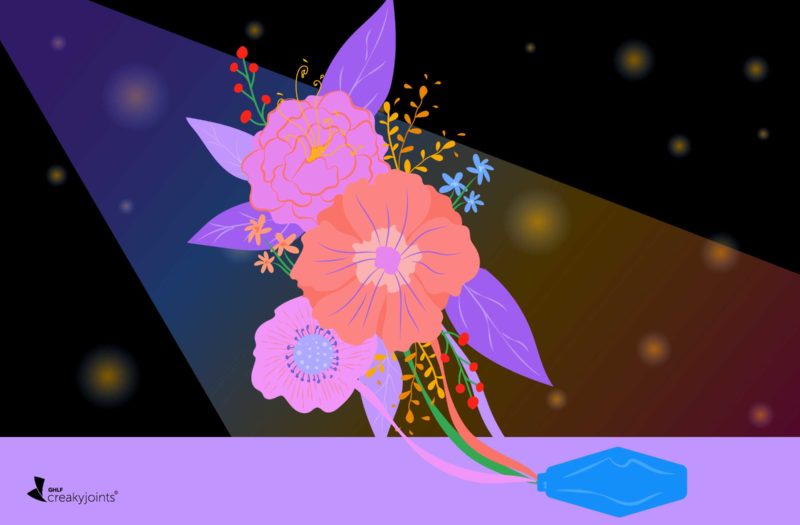Learn more about our FREE COVID-19 Patient Support Program for chronic illness patients and their loved ones.
There has been a lot of speculation that there will be a significant increase in mental health issues when COVID-19 is finally behind us. The articles I have seen and read look at the challenges of this time: the fear, isolation, and uncertainty that many individuals are dealing with, as well as the economic struggles and the impact of racial inequalities and violence. It is an extraordinarily difficult period.
Yet there are others who suggest that we can also see an opportunity for “posttraumatic growth.”
Posttraumatic growth is different from resilience, which is the ability to recover and even “bounce back” from harsh or difficult experiences. While this action — the recovery — may change someone a little, it is fundamentally a return to a previous state.
On the other hand, posttraumatic growth, a theory developed by psychologists Richard Tedeschi, PhD, and Lawrence Calhoun, PhD, in the mid 1990s, is about change — even transformation — that comes from struggling with adversity and trauma.
“People develop new understandings of themselves, the world they live in, how to relate to other people, the kind of future they might have, and a better understanding of how to live life,” Dr. Tedeschi said about posttraumatic growth in an article in Monitor on Psychology.
While some people spontaneously begin this kind of re-evaluation and change after a traumatic event, others can “prime” themselves to move toward growth in some intentional ways.
In these times when the world is upside down and full of chaos, it may seem like too much to try to imagine how we can “grow” from what we are learning right now. But we can choose to prepare for changes we would like to see in our lives and begin to move toward those.
I offer these questions as reflections that may inspire you to know there is possibility and potential for you in the days and weeks ahead.
- In what ways are you thinking you want to live differently “after” COVID? What has this experience been teaching you about your life?
- In what ways has this time been similar to the time just after you were diagnosed with a chronic illness (or maybe after you were diagnosed for a second or third time?) What did you discover about how you wanted to live after that trauma? How is this situation similar or different?
- What has made your life meaningful during this period? How might you carry that meaning forward into your “post-COVID” world?
- What beliefs of yours have changed through this time? What new beliefs are emerging?What are the things you value most as you think about the experience of quarantine and social distancing and their effects on you?
- What are you finding to appreciate? It is the “little things” that can signal our growth and change more than any big splashy dramatic thing. Noticing birdsong, for example, or feeling that it’s OK to move more slowly, are some of the things my clients are mentioning.
Posttraumatic growth is a theory, an idea, but it has hope embedded in its premise. We can use what is happening to us now — as many of you have used your illness in the past — to redefine and take charge of who we want to be and how we want to live. We do this by being willing to notice and make small changes.
Get Free Coronavirus Support for Chronic Illness Patients
Join the Global Healthy Living Foundation’s free COVID-19 Support Program for chronic illness patients and their families. We will be providing updated information, community support, and other resources tailored specifically to your health and safety. Join now.
Collier L. Growth After Trauma. Monitor on Psychology. American Psychological Association. November 2016. https://www.apa.org/monitor/2016/11/growth-trauma.






